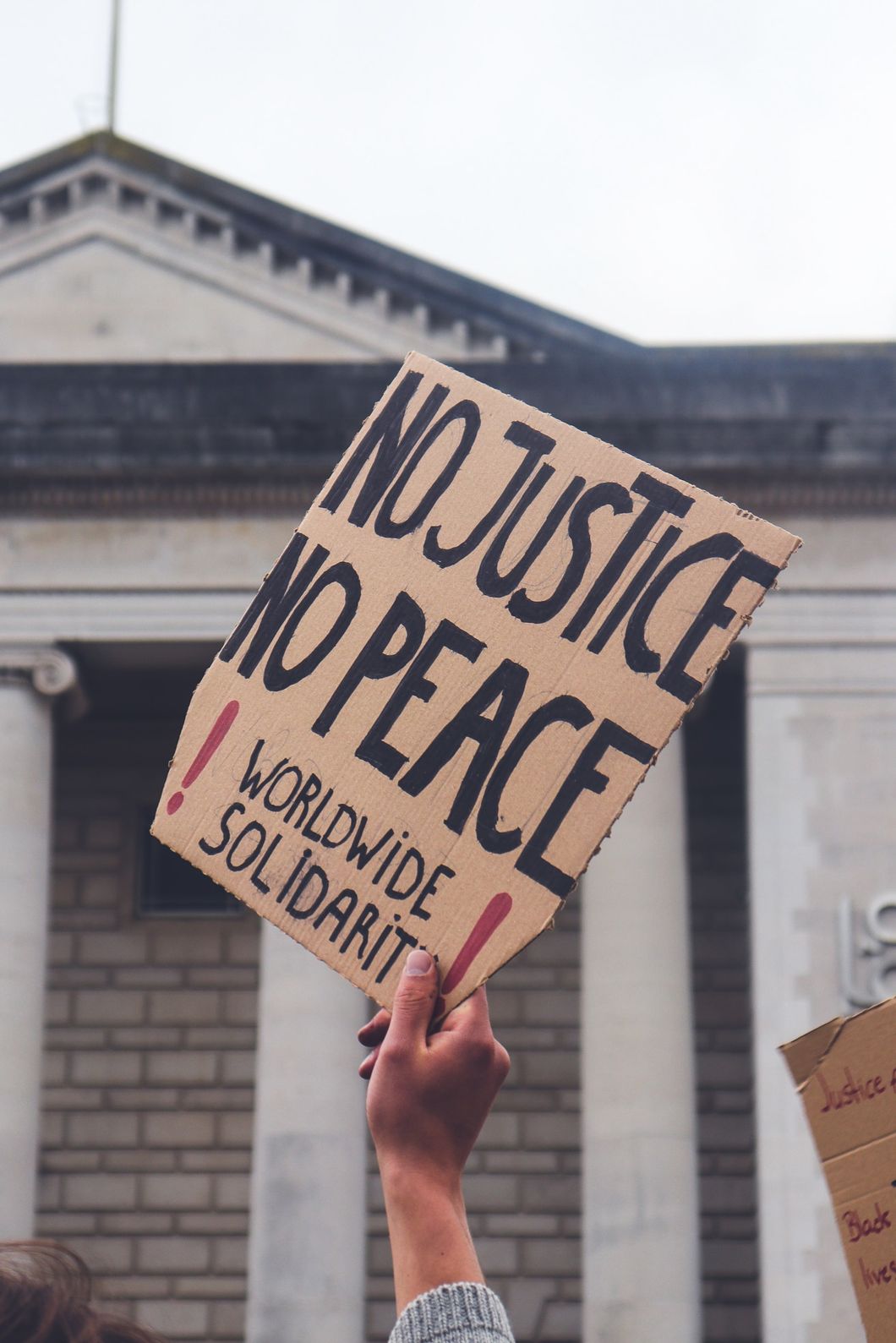The recent murder of George Floyd has spurred a lot of conversations about the injustices faced by the Black community, nearly all of which stem from the fact that America has a serious problem with systemic racism. The country was founded by white supremacists who excluded Black Americans from their Bill of Rights, and, though many legal reforms have occurred since the eighteenth century, there's still much to be done to repair the system that has favored the rights of White citizens since its conception.
One particularly easy place to spot the effects of systemic racism is in the American courtroom. According to ABC news, Black citizens spend about 20% more time in prison than their White counterparts for similar crimes and are more than five times more likely to be jailed in the first place. This does not stem from a single cause, but there are significant examples of White citizens experiencing almost incomprehensible leniency in the courtroom when compared to Black citizens who commit similar crimes.
This phenomenon can be found in the case of Brock Turner, the 19 year-old Stanford student who raped an unconscious woman behind a dumpster in 2015. Despite the violent and heinous nature of the crime, Turner spent a meager three months in prison. Compare this with the case of Cory Batey, a Vanderbilt student who committed a similar crime in 2013 and was convicted of aggravated rape and aggravated sexual battery. Unlike Turner, Batey will spend 15 years in prison.
Both men committed despicable crimes, and both should be behind bars today and for years down the road. So why can one of them walk around freely today? Because Turner is White, and Batey is Black.
White privilege is often exemplified even before cases reach the courtroom, an important component of the police brutality discussion that has been gaining traction since the murder of George Floyd. Take, for example, Dylann Roof, the 21-year-old who killed 9 people mid-prayer in a Charleston church and led the police on a manhunt that lasted until the next morning. When he was finally captured, Roof was escorted out in a bulletproof vest and provided a meal from Burger King before his interrogation.
Humane treatment of suspects is surely a staple of the American justice system, and there's no argument against that, but it's easy to spot racial bias when you compare Roof's treatment as a mass murder suspect to George Floyd's treatment after allegedly passing a counterfeit bill. George Floyd never had the luxury of being escorted to any police car; he was suffocated beneath the knee of arresting officer Derek Chauvin long before he had the chance.
These cases, along with hundreds of other similar ones, paint a picture of just how biased our legal system is. It's easy to blame a bad judge, or a bad cop, until you realize that the bad judges and bad cops are making decisions that benefit one community and damage the other over and over and over.
No longer can these "bad decisions" be seen as anomalies; they must be treated as a symptom of a bigger problem.
The injustice that the American legal system shows to the Black community (and has for hundreds of years) is at the forefront of everyone's minds right now. It's up to us as Americans to take advantage of this; spread awareness, educate yourself on cases like Batey's and Floyd's, and recognize that total racial equality in this country is something that can only be achieved if we topple unjust systems that shamelessly exploit White privilege.









































